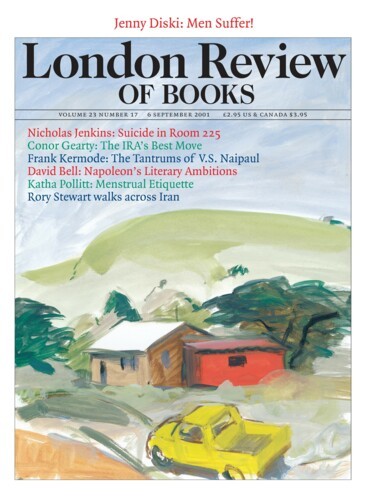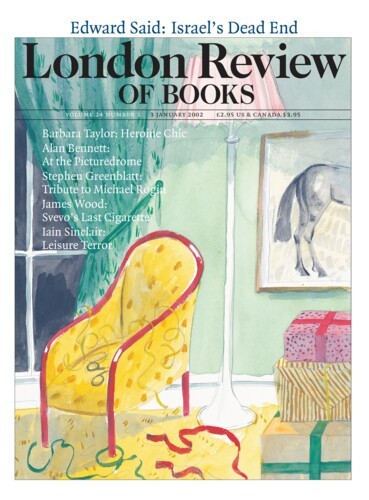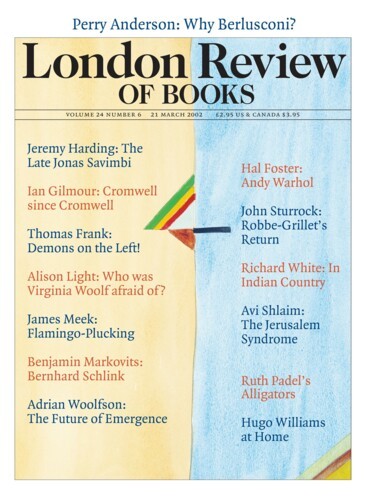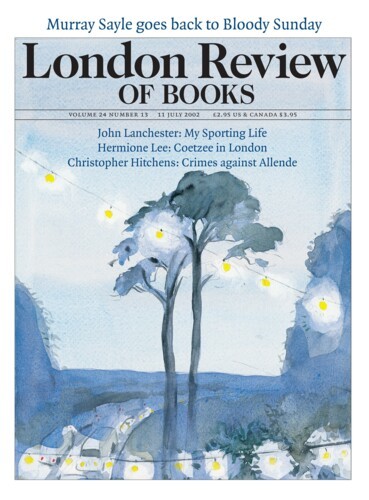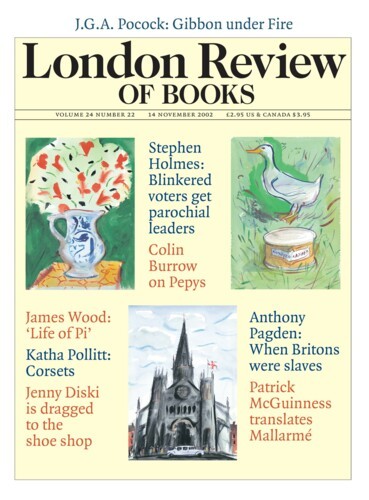Nuremberg Rally, Invasion of Poland, Dunkirk …: the never-ending wish to write about the Second World War
James Meek, 6 September 2001
The advantage of a story set in wartime is that all the characters are obliged to form a relationship with death. Death is the life and soul of the war party. You can get death to come to parties in peacetime, too. Murders happen. Cars crash. Cancer buds. But he isn’t expected in every house, on every street. In the novels of European peace, the consequences of betrayal are difficult to...
